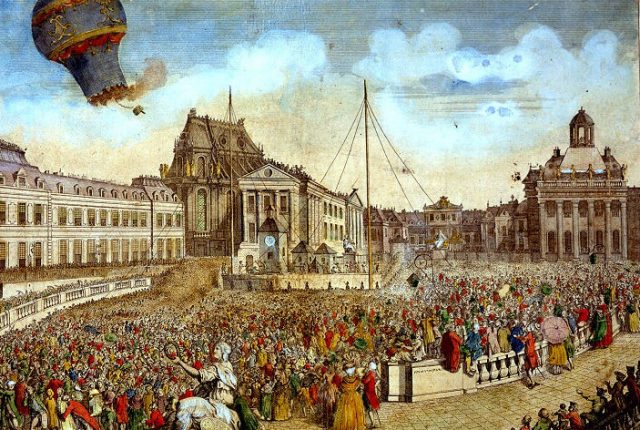
Date/Time
Saturday, February 4, 2017
10:00 am PST – 1:00 pm PST
Location
Charles E. Young Research Library, Room 11360
280 Charles E. Young Drive, North
—organized by Sarah Tindal Kareem, University of California, Los Angeles, and Emily Hodgson Anderson, University of Southern California
The development of eighteenth-century literature, as Catherine Gallagher has so persuasively claimed, reflects a “rise of fictionality”: in her argument, readers and spectators became increasingly acclimated to the notion of fiction as non-referential—as divorced from some real-world source. Yet if the boundary between fiction and real life seemed more distinct throughout the century, it also came to seem more porous. In the eighteenth century one might encounter public memorials to fictional characters, testaments to public sightings of fictional characters, and readers who conflated literary characters with the authors who created them.
In recent years scholars have variously contested the notion that fictionality is an eighteenth-century invention; that fictionality can be identified solely with the novel form; or that fiction is a knowing form of hypothetical conjecture, as opposed to a more hallucinatory experience, or what Henry Home, Lord Kames would call “a waking dream.” In the wake of these challenges, this conference asks whether the notion of an eighteenth-century “rise of fictionality” remains useful for thinking about the period’s literature.
Speakers
Emily Hodgson Anderson, University of Southern California
John Bender, Stanford University
Joseph Drury, Villanova University
Catherine Gallagher, University of California, Berkeley
Sarah Tindal Kareem, University of California, Los Angeles
Crystal B. Lake, Wright State University
Susan S. Lanser, Brandeis University
Nicholas D. Paige, University of California, Berkeley
Brad Pasanek, University of Virginia
William B. Warner, University of California, Santa Barbara
Program
Friday, February 3, 2017
questions & answers to follow each speaker
9:30 a.m.
Morning Coffee and Registration
9:45 a.m.
Welcome
Sarah Tindal Kareem, University of California, Los Angeles
Emily Hodgson Anderson, University of Southern California
Opening Remarks
10:00 a.m.
Session 1
Moderator: Davide Panagia, University of California, Los Angeles
John Bender, Stanford University
“Is Fictionality a Fiction?”
10:45 a.m.
Sarah Tindal Kareem, University of California, Los Angeles
“The Intricacies of Fiction”
11:30 a.m.
Coffee Break
11:45 p.m.
Joseph Drury, Villanova University
“Technologies of Simulation: Science and Fiction before Science Fiction”
12:30 p.m.
Lunch
1:30 p.m.
Session 2
Moderator: Helen Deutsch, University of California, Los Angeles
Emily Hodgson Anderson, University of Southern California
“Fictionality Onstage”
2:15 p.m.
Brad Pasanek, University of Virginia
“The Dramatic Rise of Free Indirect Discourse”
3:00 p.m.
Coffee Break
3:15 p.m.
Session 3
Moderator: Jayne Lewis, University of California, Irvine
Crystal B. Lake, Wright State University
“Artifactuality: Artifacts, Affordances, and Fictions”
4:00 p.m.
William B. Warner, University of California, Santa Barbara
“The Fictreality of the Novel”
4:45 p.m.
Reception
Saturday, February 4, 2017
9:30 a.m.
Morning Coffee and Registration
10:00 a.m.
Session 4
Moderator: Margaret Russett, University of Southern California
Nicholas D. Paige, University of California, Berkeley
“The Rise of Nonfictionality, or, the Surprising Effects of a Longer Durée”
10:45 a.m.
Susan S. Lanser, Brandeis University
“Resisting Fictions: The Willful Suspension of Disbelief”
11:30 a.m.
Coffee Break
11:45 a.m.
Catherine Gallagher, University of California, Berkeley
“Somebody’s Stories: Fictionality in Alternate History”
12:30 p.m.
Concluding discussion
Booking Form
Bookings are currently closed for this event.

